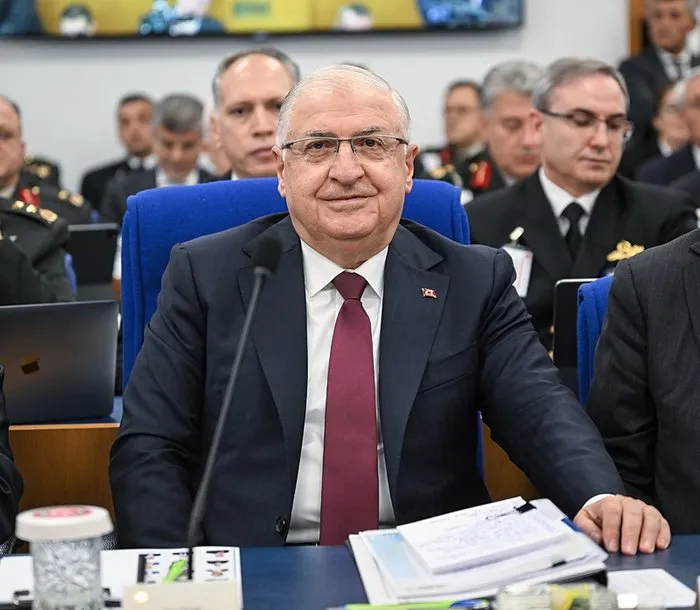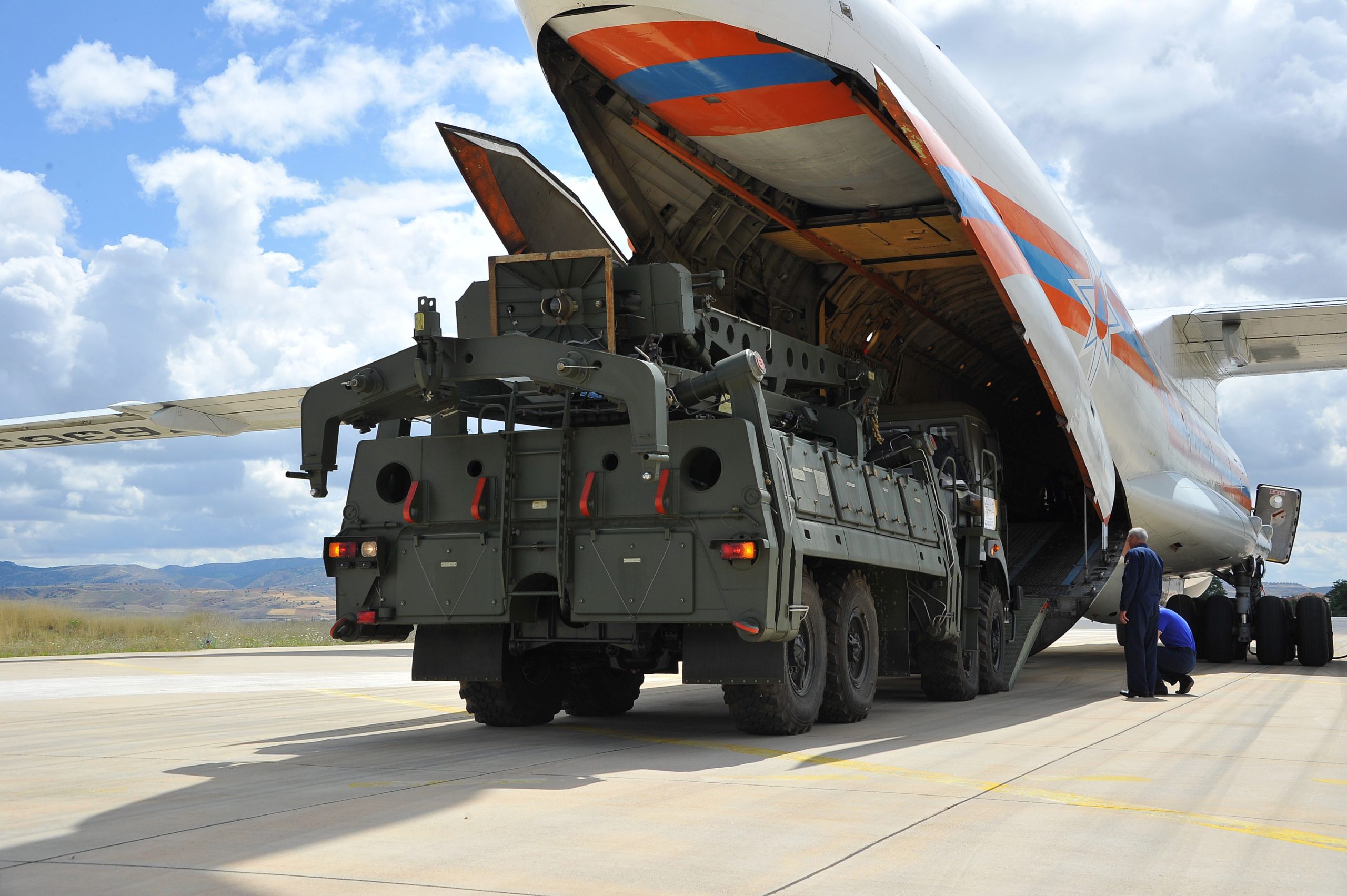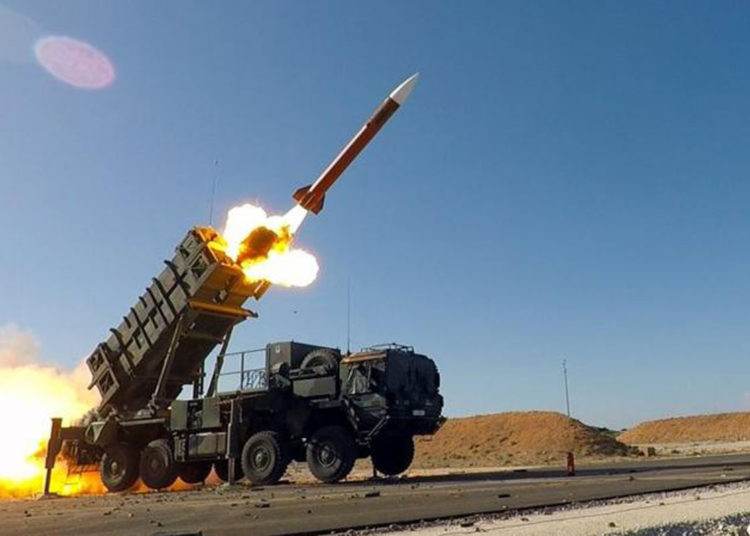Levent Kenez/Stockholm
Turkish Defense Minister Yaşar Güler, speaking at a parliamentary session on his ministry’s budget on November 26, 2024, informed lawmakers that the Americans have reconsidered their stance on selling F-35 fighter jets to Turkey. This shift, he claimed, came after they observed that Turkey is capable of producing its own indigenous fifth-generation fighter jet, the KAAN. Güler stated that the United States is now willing to sell F-35s to Turkey.
The minister also addressed the issue of Turkey’s purchase of S-400 missile systems from Russia, asserting that Turkey and the US have reached a consensus on the matter and that it no longer poses a problem.
Turkish Defense Minister Güler provided detailed updates on Turkey’s defense procurement and modernization projects during the parliamentary session. Güler announced that Turkey has decided to abandon plans to modernize 79 F-16 fighter jets as initially intended. Instead, the modernization process will now be handled entirely by Turkish Aerospace Industries (TUSAŞ), which has proven its capability to perform such upgrades domestically. He also confirmed plans to purchase 40 new F-16 jets and specialized munitions, with a total estimated cost of $6.5 to $7 billion.
On the subject of Eurofighter Typhoon jets, Güler explained that Turkey sought to diversify its defense suppliers, moving away from a sole reliance on the US. The Eurofighter consortium, composed of the United Kingdom, Italy, Spain and France, emerged as a promising option. While the UK, Italy and Spain have approved the deal, Germany initially hesitated due to coalition-related complexities. However, Güler noted that Germany has now provided the necessary permissions and negotiations are ongoing.
Regarding the F-35 program, Güler stated that American officials have demonstrated a shift in their approach to selling F-35s to Turkey, influenced by Turkey’s development of its indigenous 5th-generation fighter jet, the KAAN. The successful progress of the KAAN has led the US to reconsider its position. However, Güler clarified that no concrete progress has yet been made on this front.

The TAI KAAN, also known as the TF (Turkish Fighter) or Milli Muharip Uçak (MMU) in Turkish, is an advanced twin-engine stealth fighter currently under development by Turkish Aerospace Industries. British company BAE Systems is acting as a subcontractor for this ambitious project. The main goals of the KAAN program include replacing the aging F-16 aircraft currently in service with the Turkish Air Force and potentially offering the aircraft for export to other countries. However, the project faces challenges since a reliable supply chain for the engines needed for the KAAN has not yet been established and financial issues continue to be a concern.
The KAAN fighter jet is not expected to enter the Turkish Air Force’s inventory before 2040.
Güler also shared detailed updates on the status of Turkey’s S-400 missile defense system. Güler explained that all preparations for deploying the S-400 systems have been completed, including the construction of underground storage facilities and the designated locations for their operation.
He emphasized that the system is ready for immediate deployment. “Once an order is issued, the units will move to their designated regions and the entire system will be operational within approximately 12 hours,” Güler stated.
The minister underlined that the S-400 is a defensive system designed for air defense, adding that its use would depend on a significant and imminent threat of aerial attack against Turkey.
Güler also addressed recent discussions with the US concerning the S-400s. He stated that Turkey firmly rejected all conditions or demands proposed by the US regarding the use of the system. According to Güler, the US no longer has any objections to Turkey’s stance on the matter, provided that the S-400s remain under Turkish control, as agreed.
However, developments that contradict the minister’s recent statements in Parliament have come to light. For instance, Turkey announced a new air defense initiative, the Steel Dome project, aimed at bolstering the country’s air defense capabilities. This project was approved during the latest Defense Industry Executive Committee meeting, chaired by President Recep Tayyip Erdoğan on August 6. Notably, the Russian-made S-400 long-range missile system, which Turkey previously acquired, is excluded from this project. Ankara had previously justified its purchase of the S-400s by citing refusals from the US and EU countries to provide necessary defense systems.

The omission of the advanced S-400 system from Turkey’s new defense strategy underscored the lingering effects of past disputes with NATO and the US. This decision highlighted the delicate balance Turkey is navigating amid ongoing tensions related to its acquisition of the Russian missile system.
Additionally, during an annual meeting with journalists held on December 16, 2023 in Ankara, Güler subtly acknowledged that the S-400 system is currently inactive but emphasized that it would be deployed if circumstances required.
In December 2017, Ankara announced that it had signed an agreement with Russia to purchase two batches of the S-400 missile system, one for immediate delivery and the other as an option. Turkish officials confirmed that a down payment had been transferred to Russia for the S-400 systems, which had a total cost of $2.5 billion. They also indicated that this cooperation could evolve into joint production of the S-500 system in the future.
The purchase of the S-400s triggered significant concern from the US and NATO. They argued that the system could gather intelligence on NATO defense operations and aircraft, potentially sharing this data with Russia.
Despite these concerns, the first components of the S-400 system arrived in Turkey on July 12, 2019, as announced by the Ministry of National Defense.
In 2021, the US administration officially removed Turkey from the F-35 Joint Strike Fighter program due to Ankara’s purchase of the Russian S-400 missile system in 2017.
The US has repeatedly warned Turkey that activating the S-400 missiles or buying a second batch would trigger heavier sanctions under the Countering America’s Adversaries through Sanctions Act (CAATSA). On December 14, 2020 the US imposed sanctions on Turkey’s Presidency of Defense Industries (Savunma Sanayii Başkanlığı, SSB) and certain of its principal officers over the S-400 procurement.
According to former Turkish Defense Minister Hulusi Akar, the expulsion would cost Turkey $11 billion in export revenue as some of the components for the F-35s would no longer be manufactured in Turkey.
Unable to acquire the F-35, Turkey decided to modernize its aging fleet of F-16s. However, this plan faced obstacles due to US restrictions. Ultimately, Turkey managed to ease some of these barriers by approving NATO membership for Sweden and Finland. As a result, the US lifted restrictions on the sale of F-16 jets and modernization kits to Turkey.
Meanwhile, Turkey continues to show interest in acquiring 40 Eurofighter Typhoon jets, while the US moves forward with a $23 billion sale of F-16 fighter jets to Ankara.
Minutes of the parliamentary meeting regarding Güler adressing S-400 missiles and F-35 fighter jets.












